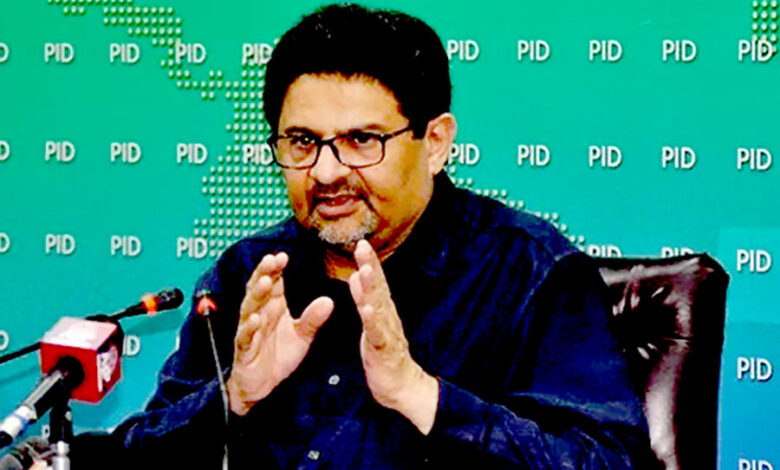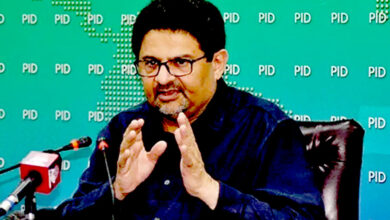The restoration of the IMF program will bring macroeconomic stability, Finance Minister

KARACHI: Federal Finance Minister Miftah Ismail has said that the restoration of the IMF program before the end of August will bring macroeconomic stability.
Addressing a meeting of the Pakistan Stock Exchange board and other representatives, Finance Minister Miftah Ismail said that fiscal discipline will be strictly followed and all additional expenditure will be fully funded through tax measures. The 10 percent super tax has been imposed for one year only, and alternative sources of revenue have also been explored. The ADR-linked tax on banks will not be levied retrospectively, and revenue collections from the retail sector are expected to increase significantly.
He asked the SSCP to review the investment limits and AML requirements for facility accounts. He also directed the Finance Ministry to review the listing of development finance institutions, the procedure for the issuance of debt and sukuk in the capital markets and the setting of interest rates for national savings schemes.
PSX Chairperson Dr. Shamshad Akhtar, Chairman SECP Aamir Khan, CEOPSX Farrukh Khan, Deputy Governor State Bank Dr. Inayat Hussain, Special Secretary Finance Owais Manzoor, and Presidents of PSX were also present in the meeting.
The participants of the meeting said regarding the capital markets that immediate steps should be taken to reduce the impact of macro development for the sustainable and lasting development of the capital markets.
Participants said the two biggest obstacles to capital market growth are tax incentives given to other asset sectors and KYC requirements in the stock market, which are not consistently applied to other asset sectors. These constraints have resulted in AML and tax-based imbalances in the asset sectors, which are detrimental to the efficient allocation of scarce resources in Pakistan, thus creating challenges for capital markets from both supply and demand sides. It is happening
Participants pointed out that although the stock market is undoubtedly one of the most documented sectors of the economy, the income of listed companies is double-taxed at the company level and subsequently on dividends, while unincorporated businesses are less heavily taxed.
The meeting said that this imbalance in taxation is discouraging corporatization and documentation. Points made to encourage corporatization and documentation include tax rates and AOPs for unlisted companies being logically higher than those for listed companies, restoration of the tax credit for newly listed companies because of its impact on revenue. The effect is minimal. In the medium term, this will be a positive move for revenue as FBR will collect both CGT and higher income tax from both companies in the supply chain of listed companies and other companies.
Speaking to The Express Tribune after the meeting, Stock Exchange MD Farrukh Khan said that the Finance Minister has agreed to encourage state-owned enterprises to pay maximum dividends to shareholders.





